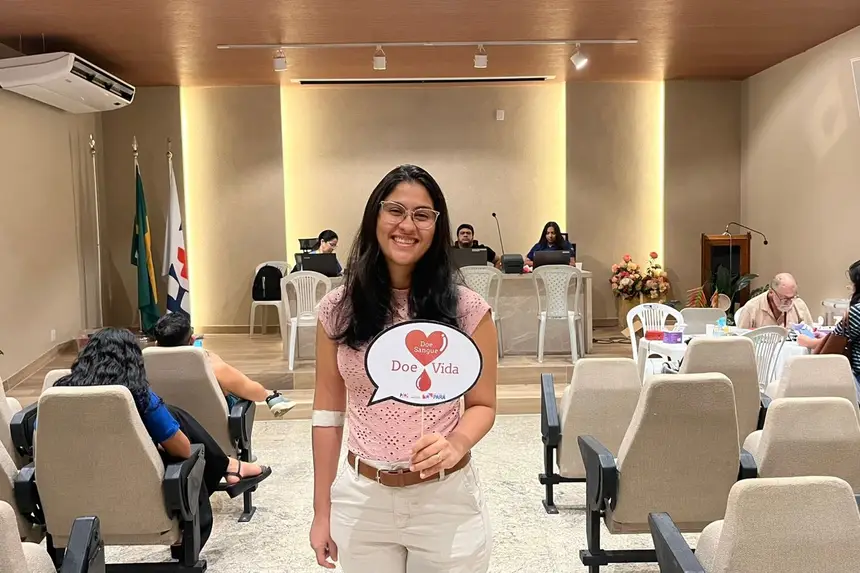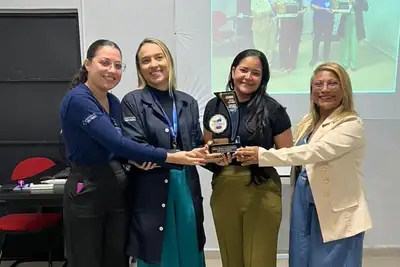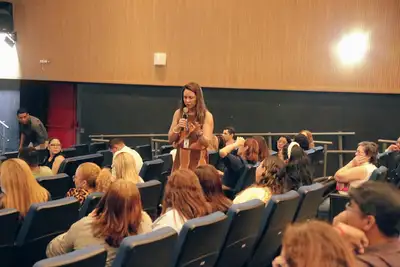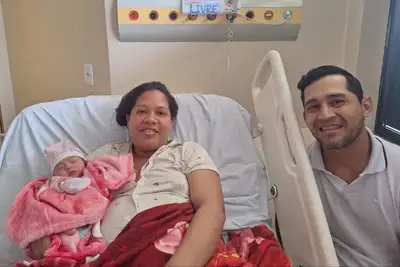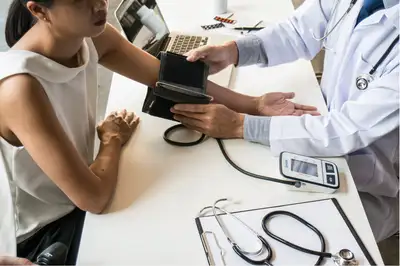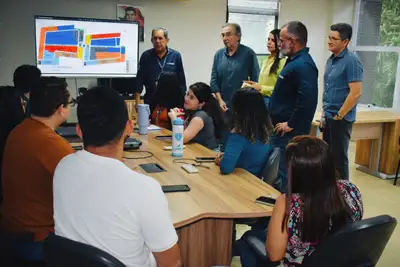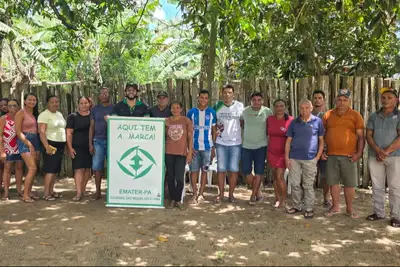Hemopa and Hospital Ophir Loyola hold blood donation campaign in Belém
The action reinforces the commitment of Hemopa and Hospital Ophir Loyola to voluntary donation and the safe supply of blood in the State
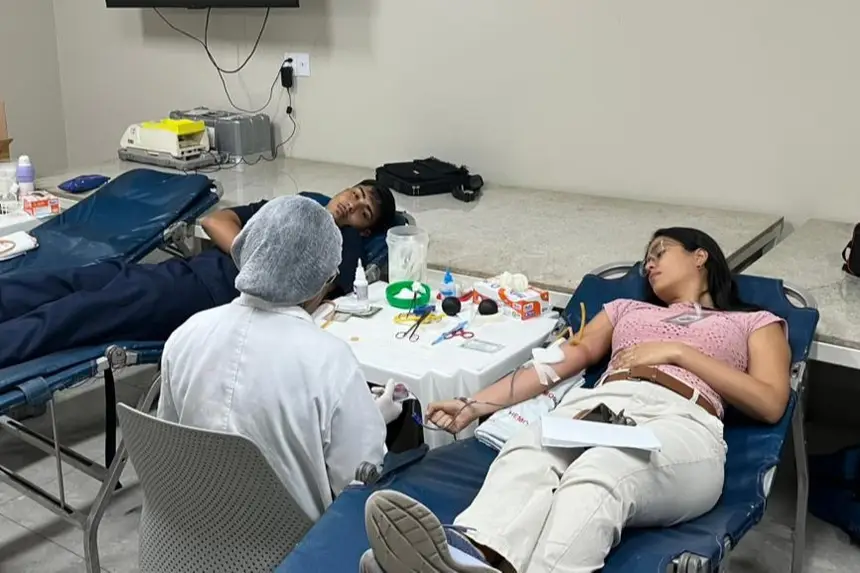
The Pará Hemotherapy and Hematology Center Foundation (Hemopa) held, in partnership with Hospital Ophir Loyola (HOL), the first stage of the blood donation campaign this Thursday (30), in Belém. The action continues this Friday (31) and aims to reinforce the strategic blood stock of the state public network and raise awareness among staff, patients, and companions about the importance of voluntary and regular donation.
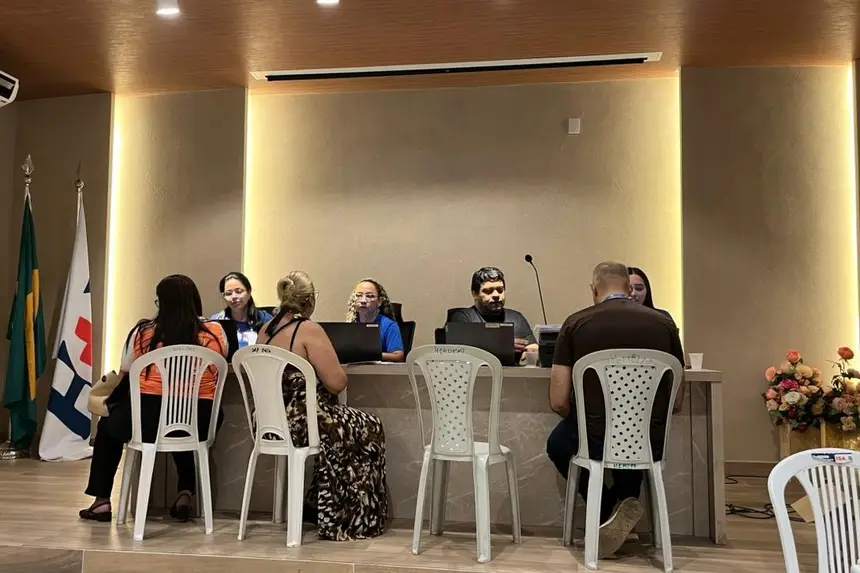
The campaign was organized by the technical and social team of Hemopa, in conjunction with the humanization sector of Ophir Loyola, and included a complete structure for donor care, including clinical screening, collection, and post-donation snacks. The mobilization is part of the calendar of joint actions between Hemopa and health units in the capital, focusing on increasing the number of loyal donors.
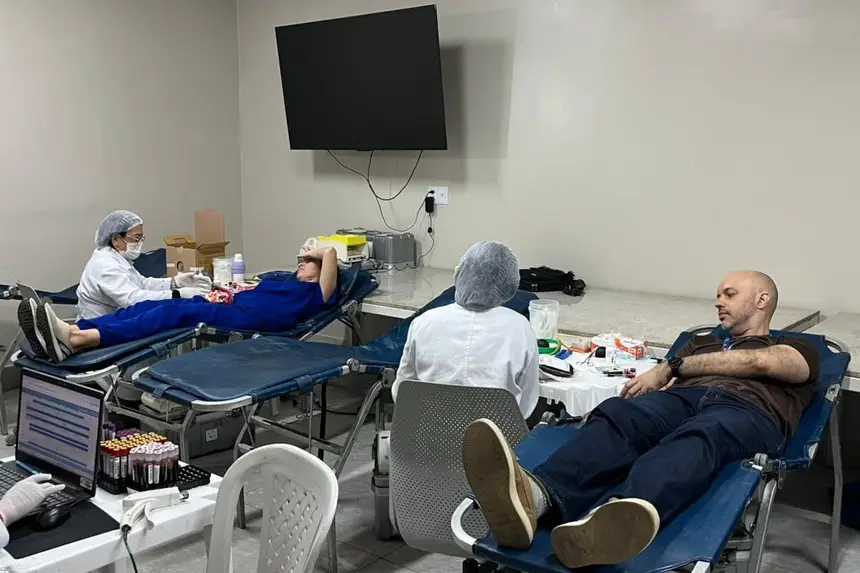
According to Hemopa, each bag of collected blood can save up to four lives. The partnership with Hospital Ophir Loyola reinforces the commitment of the institutions to promoting health and strengthening the culture of solidarity within the state public service.
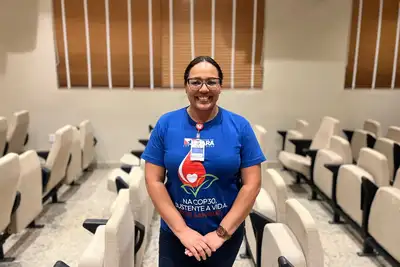
The social worker of the Donor Recruitment Management (Gecad) of Hemopa, Marcela Silva, highlighted the importance of the initiative. “It is very gratifying to set up our space within a hospital that requires blood transfusions daily and to see the collaboration of staff, families, and collaborators. These two days of the campaign help maintain the necessary stock to supply not only Ophir Loyola but also other units that regularly need blood,” she stated.
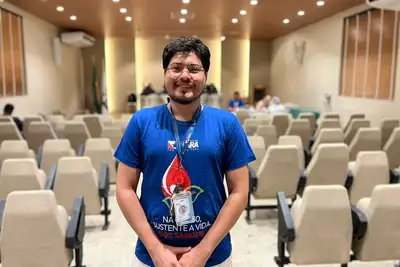
For the coordinator of the Transfusion Agency of Hospital Ophir Loyola, biomedical Rodrigo Barros, the action reinforces an essential partnership for the functioning of the unit. “Ophir Loyola is the hospital with the highest number of blood transfusions in the North region, and this requires a significant volume of blood components. This need is only met thanks to the partnership with Hemopa, which enables campaigns like this. Donation is fundamental because there is no product that can replace blood. Each donor who shows up helps save lives and ensures that patients in treatment can receive safe and timely transfusions,” he emphasized.
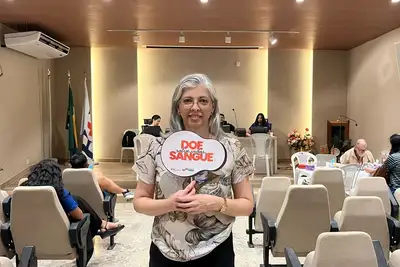
Among the participants of the campaign was biomedical Nilce Corrêa, a donor for seven years. “Whenever I can, I donate because it is an act of love. We help save several people and it costs nothing. Here it is more practical because I work 12 hours and I can't always get to Hemopa. With the campaign happening inside the hospital, we donate and return to work with peace of mind,” she said.
The biomedical Isadora Monteiro also participated in the action and reinforced the importance of the partnership between the institutions. “This is already the third time I have donated here at the hospital, with the support of Hemopa. It is a very important initiative because it facilitates access for staff and reminds us of the role we have in caring for others. We work directly with patients who need blood and know how much each donation makes a difference,” she highlighted.
